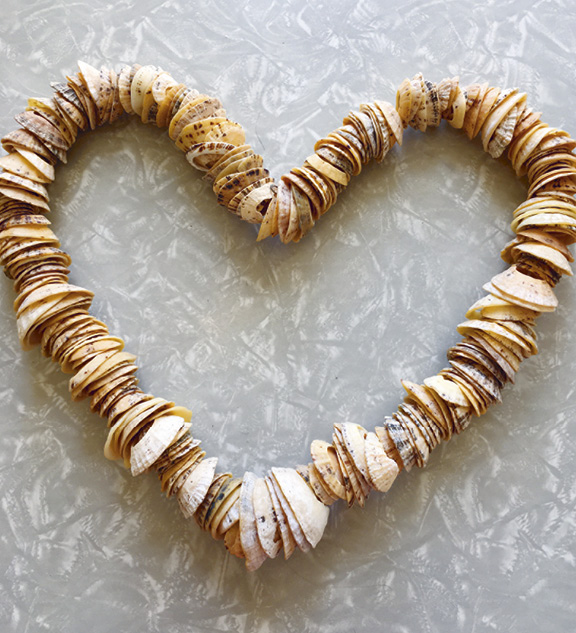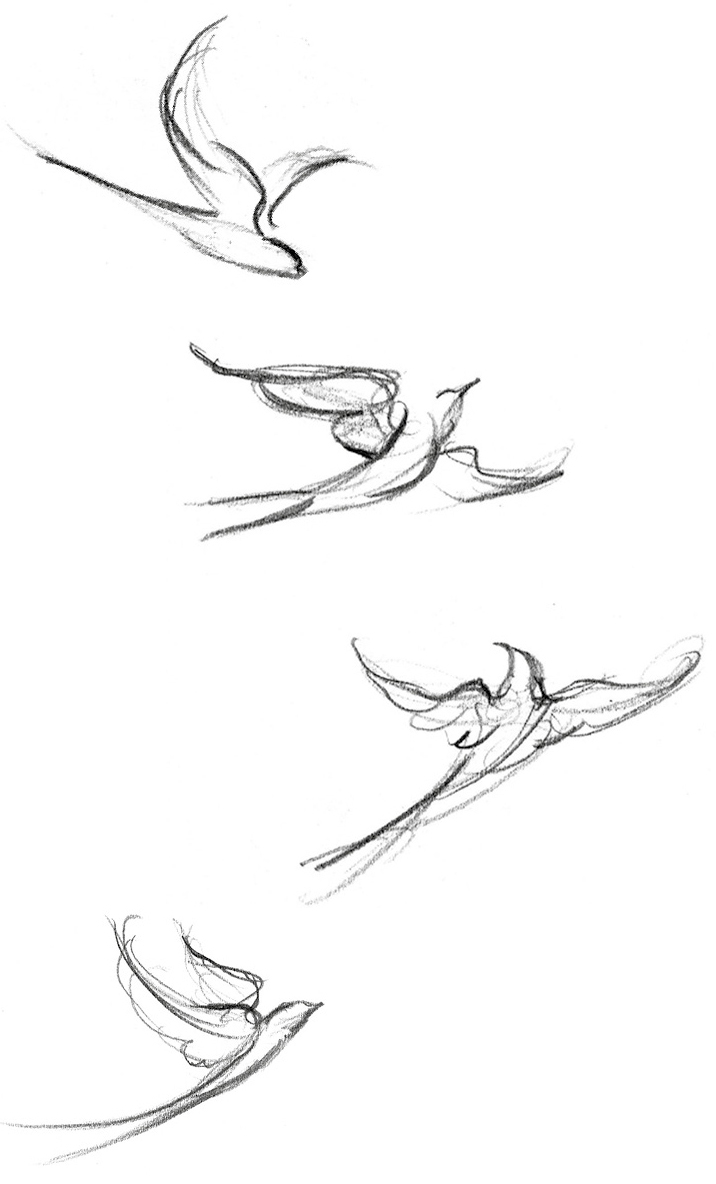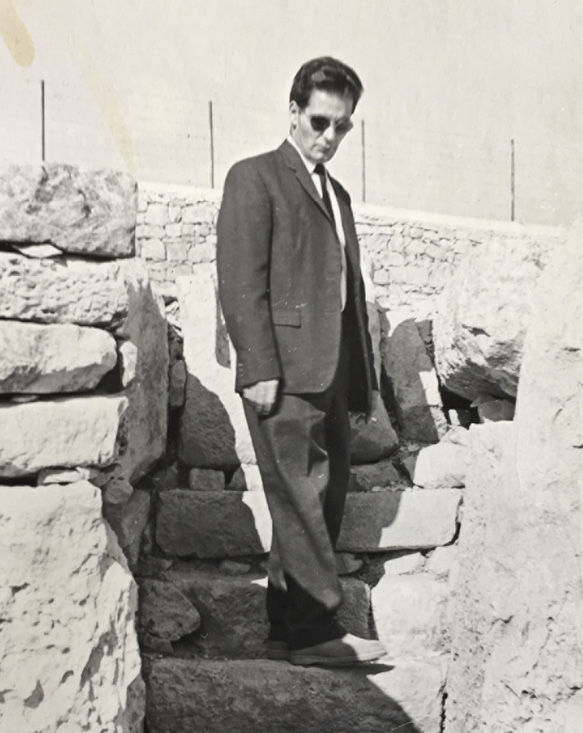
JULY
‘There is a crack in everything, that’s how the light gets in’
Leonard Cohen – ‘Anthem’
I once knew a broken person whose name was Michelle. Back in the day, her kids, Yasmin and Sabrina, went to the same infant school as my young daughter. One day the headmistress asked me if I would consider picking them up each morning since their home was on my route to the school, and Michelle had no transport.
And so it started. Every day, I would pull in next to the flats where the three of them lived. I would sound the horn and the two girls would come out and jump in my car and off we would go. At first, the girls didn’t speak much, and wouldn’t maintain eye contact with me. My daughter asked me what was wrong, perhaps they didn’t like us? We were a pretty rambunctious family after all, fairly noisy, singing along with the radio and inventing songs to learn times tables or spellings. Ours was not a quiet car. The girls kept themselves to themselves in the back, always polite, always reticent. They wouldn’t be drawn into conversation much, they preferred to observe, and they kept their own counsel.
Gradually, as that first year ticked by, so the girls started to warm up a bit. It began with a few fleeting, furtive mutual glances in the rear-view mirror, and developed into the tiniest of smiles. I didn’t push it; they were wary and cautious.
Michelle didn’t seem to want to come out of her flat, so it was a while before I met her properly. Eventually she let me in the door, and I had more of an idea how this tight little family operated. It was immediately clear that Michelle was battling all kinds of demons, especially her own mental-health issues. She was a pretty woman, clearly a ghost of her former self, pale, nervous and wan. When she started to trust me, she opened up a bit about her fractured life in all its complexities, and I had a clearer picture of her inner warfare and how she saw the world as a sort of enemy who had it in for her. She was an intriguing mixture of fragile, furious and determined. At the heart of her chaotic life, though, lived an extraordinary power, the shining, unquestionable love she had for her two beautiful children. I saw her handle it all wrong many times, losing her patience or misunderstanding them or overreacting. I saw her make bad decisions. I saw her pull the curtains and withdraw into the gloom and occasionally forget to check if her kids were eating properly. I saw her become increasingly anxious, paranoid and thin.
All the while, the triumvirate of mother and daughters kept climbing the mountain that is trying daily to be a whole human. In time, the girls grew to trust us and have some fun. They were now a lovely addition to our family for the occasional day out/cinema trip/lunch/party/sleepover, and they were growing, changing, blossoming, and trying to cope with school and exams and boys and life alongside the daily worry of having a mum who was in a total pickle, which regularly rendered her lost and hopeless. They were quietly magnificent throughout, constantly dodging all kinds of adult calamities they shouldn’t have ever had to consider at their young age.
One day, when they were both teenagers, their shattered mum simply couldn’t find the strength to fight on, and she took her own way out of her personal hell. With one step, she was free.
They, of course, were not.
They were hurled into a tornado of sorrow.
The reason I tell you this sad story is because it goes well beyond sadness. Although her life ended so tragically, it was lived with enormous courage. In order to just about function, Michelle had to go to war with her own state of mind every single day. There were many, many days when she wanted to bale out. She sometimes called me in the night, howling with the pain her tortured mind put her through, often begging me to take her kids, should she take herself that very night. I had to summon my own reserve tanks of considered judgement to challenge her with the fact that I would NOT be doing that, because SHE was going to carry on. To convince her that she was not insignificant or unloveable or a failure was hard, because she felt certain. Nevertheless, time after time, year after year, she somehow dredged up the strength to keep going. It was a daily battle to galvanize herself and defy her worst nightmares. She had to coax herself into any action whatsoever, she had to invent her own motivation. Something most of us don’t have to consider at all. Whilst we were having our toast and tea in the mornings, she was regularly in the ring with two fierce opponents, shame and fear. She had to win that fight EVERY DAY in order to carry on. THAT is courage.
Her incentive was the love and pride she felt for those darling kids. She believed they were the only thing she did right in her life; she was ferociously proud of them and hugely protective in her own sometimes misguided way. They were considerate, hard-working, kind girls; they still are all that, and so much more.
The much more they are is extraordinary. To meet them, you wouldn’t know the adversity they have survived. More than survived. Triumphed over. By rights, they shouldn’t be able to smile so much, or be generous or forgiving. They shouldn’t be able to make profound, trusting relationships where they are in turns vulnerable and resilient. Their own mental health probably shouldn’t be in such good nick.
But it is.
Because they are the best of her. They are her strength and her awesome courage.
And they are their own complete selves.
Mighty young women, who have prevailed and who radiate love.
Who are supremely loveable, emotionally intelligent, beautiful and
KICK ASS!
We talk together about their mum Michelle sometimes, and as they have matured, they understand more about mental ill-health and its cruel grip. They have journeyed through anger and sorrow; they likely always will experience some remnants of that, but they have come to such a healthy place of acceptance. It’s in that place that we are linked by the experience of a suicide parent. All three of us share the fact that we know we were loved and we know we have a future.
We are not their mistakes or their illness.
We are free of that.
We are entitled to LIFE.
We have their spirits as our fuel, and we can properly LIVE.
And we have each other to witness all those living moments. Passing exams, new jobs, new homes, graduations and weddings …
How proud their mum would have been on both of their wonderful wedding days, and how privileged was I to be there for her, and for them … and for me.
I suppose, really, that I write this in praise of the broken amongst us, and the broken in ourselves. We shouldn’t be too quick to dismiss some of our bloody awful life experiences, despite how much we long to dump them and move on quickly. I have found that these difficulties have been my best opportunities for learning.
Let me say, also, that being affected vicariously by someone else’s mental-health issues is very different to having your own, I know that. I’m not claiming to fully understand deep depression. I’m only claiming to have witnessed it. I once saw a quote which went something like this (sorry, I don’t know who said it): ‘Saying you understand chronic depression is like saying you’ve lived in Italy when actually you’ve only eaten at an Olive Garden Café.’
It’s true of course.
There is still value to recognizing it, however. Or even in actively looking for it when your instincts tell you to do so. I am a great believer that what you ignore, you give permission to. I will never again ignore the sadness of someone close to me, or indeed, of anyone in my orbit. If I allow that, it can easily continue. I am very happy to be told to butt out if I am overstepping a boundary. I would rather risk that than be negligent of hidden suffering which so often parades as ‘coping’. None of us asks for help easily. None. Certainly not me. Whereas most of us offer help easily.
Why? Is it status? Is it that we are so glad to not be in the position of need? Maybe. I would hope that if we are feeling strong and relatively mentally well, (whatever that is!) it’s surely part of our job as interdependent, social humans to keep an eye out for someone who might be struggling. Bearing in mind our own knowledge of when we too have been in that position. We all have, in varying degrees.
I think of it in this way: people are like professionally polished rocks. If you hold one in your hand, the first thing you really see is the reflection of yourself. It’s easy to look past the actual rock. In fact you don’t properly see it at all until cracks appear and it breaks open. Then a whole other facet is revealed. Rough and real. The substrate. The authentic person who is, by then, a bit broken.
The fracturing is a relief sometimes. I know when I have felt profoundly sad in my life that the breaking moment can be the very opportunity to admit and accept, to allow the easement, to temporarily abandon the structures you’ve had to keep the façade in place. The scaffolding can remain, but the stone is cracked, the pointing needs attending to.
‘Those who suffer much will know much’
Greek proverb
While we’re in there, by the way, right in the hot core of difficulty, I’d also like to put a bid in for massive tolerance of inconsistency and occasional outbursts of downright hypocrisy! We are, after all, in a kind of altered state when we’re injured. It’s OK to be a bit weird while we work through it. Let’s be tender with the broken and let’s be tender with the broken in ourselves.


